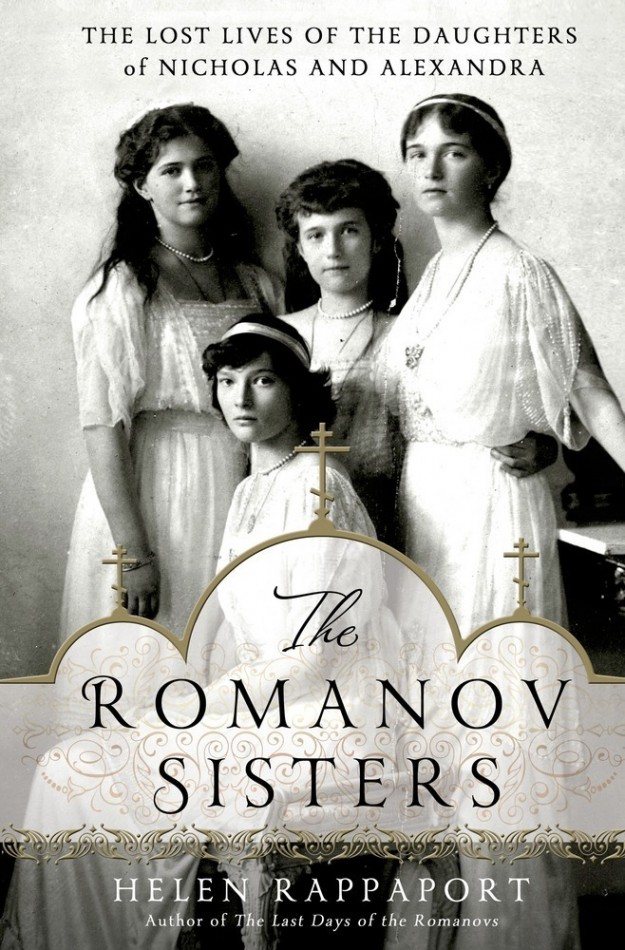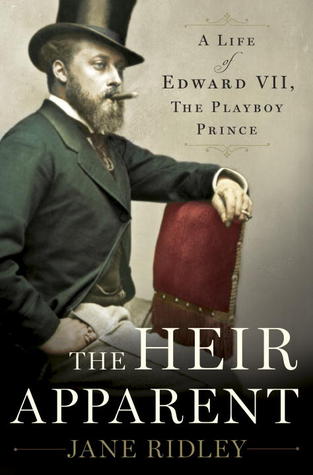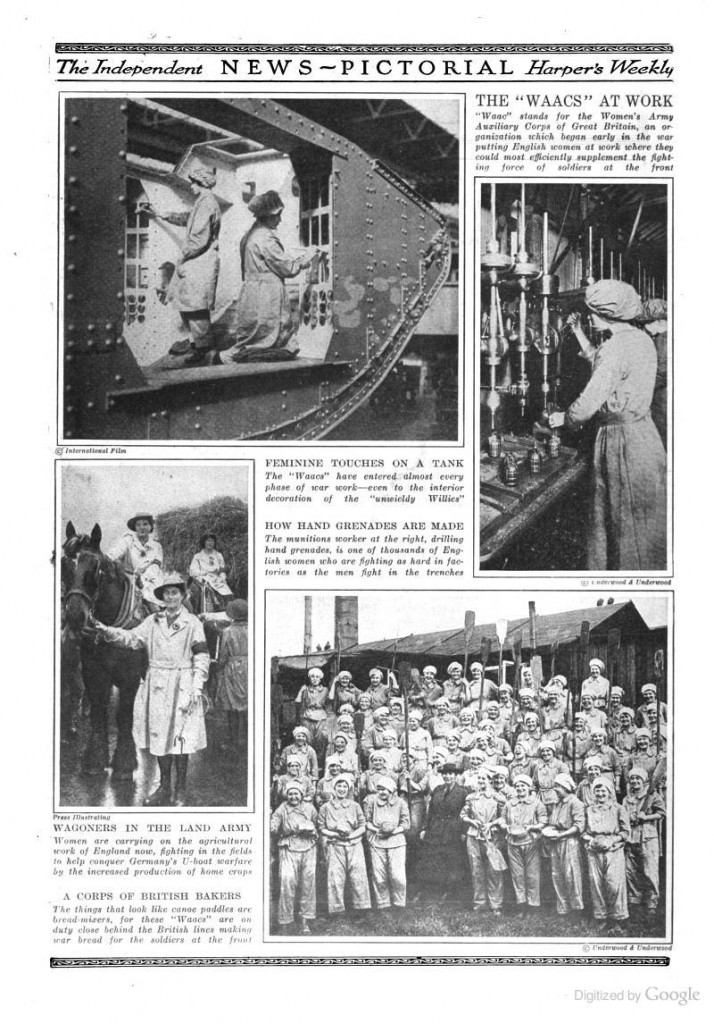
BLURB:
A panoramic portrait of a remarkable woman and the tumultuous Victorian era on which she made her mark, The First Lady of Fleet Street chronicles the meteoric rise and tragic fall of Rachel Beer—indomitable heiress, social crusader, and newspaper pioneer.
Rich with period detail and drawing on a wealth of original material, this sweeping work of never-before-told history recounts the ascent of two of London’s most prominent Jewish immigrant families—the Sassoons and the Beers. Born into one, Rachel married into the other, wedding newspaper proprietor Frederick Beer, the sole heir to his father’s enormous fortune. Though she and Frederick became leading London socialites, Rachel was ambitious and unwilling to settle for a comfortable, idle life. She used her husband’s platform to assume the editorship of not one but two venerable Sunday newspapers—the Sunday Times and The Observer—a stunning accomplishment at a time when women were denied the vote and allowed little access to education. Ninety years would pass before another woman would take the helm of a major newspaper on either side of the Atlantic.
It was an exhilarating period in London’s history—fortunes were being amassed (and squandered), masterpieces were being created, and new technologies were revolutionizing daily life. But with scant access to politicians and press circles, most female journalists were restricted to issuing fashion reports and dispatches from the social whirl. Rachel refused to limit herself or her beliefs. In the pages of her newspapers, she opined on Whitehall politics and British imperial adventures abroad, campaigned for women’s causes, and doggedly pursued the evidence that would exonerate an unjustly accused French military officer in the so-called Dreyfus Affair. But even as she successfully blazed a trail in her professional life, Rachel’s personal travails were the stuff of tragedy. Her marriage to Frederick drove an insurmountable wedge between herself and her conservative family. Ultimately, she was forced to retreat from public life entirely, living out the rest of her days in stately isolation.
While the men of her era may have grabbed more headlines, Rachel Beer remains a pivotal figure in the annals of journalism—and the long march toward equality between the sexes. With The First Lady of Fleet Street, she finally gets the front page treatment she deserves.
In The First Lady of Fleet Street, Negev and Koren rescue this unjustly forgotten figure from obscurity. I’ve blogged about Rachel on EP, but that was before I was able to read her first and only biography. Not only did this book fill in the blanks, but is exactly the type of biography I love–wonderfully written, exciting, and with just enough authorial intrusion to give insight, but not over analyze the subject.
While the primary focus is on Rachel, this is also the story of her families–the Sassoons of her birth, and the Beers of her marriage. This is of equal importance with Rachel’s actual career as the only female editor of a major British newspaper during the 1890s, for it explores the dynamics of her Jewish ancestry and how many different paths family members took to assimilate and/or accumulate wealth.
My one and only point of disappointment was the treatment of Rachel’s last decades of life after she was declared insane. Granted, this erasure of her voice lends this point in her life a chilling cast, but I wished there was something to reproduce some of her fascination during her heyday.
Purchas The First Lady of Fleet Street: The Life of Rachel Beer: Crusading Heiress and Newspaper Pioneer from Amazon or Barns & Noble.





Why was her marriage to Frederick so problematic to her own family?
Hels Says: “Why was her marriage to Frederick so problematic to her own family?”
The Beers family had converted to Christianity, and she renounced her Jewish heritage when she married him.